Understanding dashboard warning lights in your Vauxhall Antara is essential for keeping you safe on the road, as they alert you to potential issues that could lead to accidents or breakdowns.
By recognizing these signals early, you can address problems promptly, preventing costly repairs and ensuring your vehicle runs smoothly. This knowledge empowers drivers to maintain their car’s health and respond appropriately to emergencies.
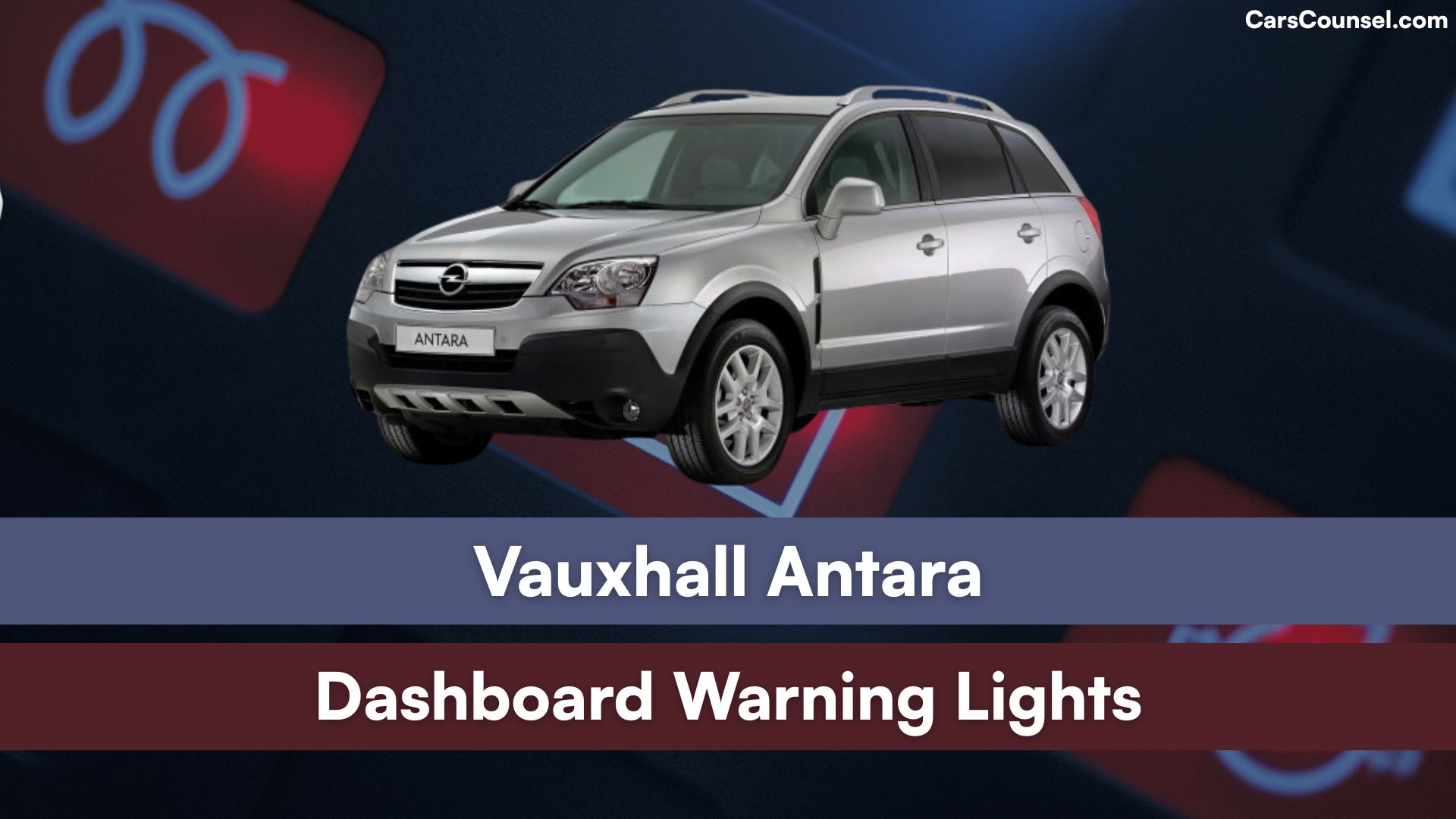
Quick Navigation
Red (Stop Immediately)
These lights signal serious issues that require you to stop driving right away to avoid danger or damage.
Engine Oil Pressure
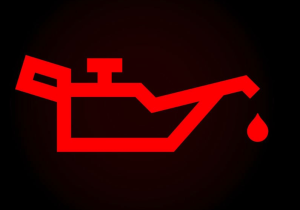
Low oil pressure can cause engine damage. Stop the car safely, check oil level, and add if needed; do not drive until fixed.
Brake System
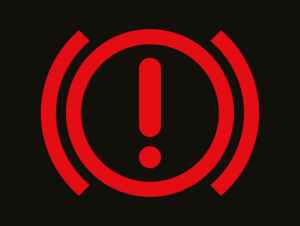
Brake fluid is low or there’s a system failure. Pull over immediately and call for professional help.
Engine Coolant Temperature
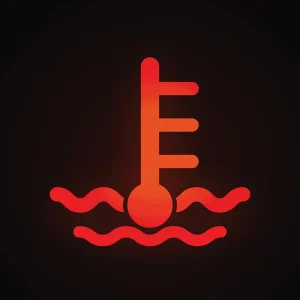
Engine is overheating due to low coolant or other issues. Stop the vehicle, let it cool, and check coolant levels before proceeding.
Charging System
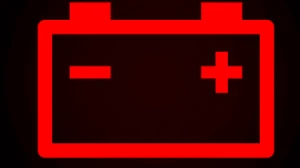
Battery is not charging properly, possibly due to alternator failure. Stop and seek assistance to avoid stranding.
Airbag and Belt Tensioners

Fault in airbag or seatbelt system. Stop and have it serviced immediately for safety.
Seatbelt Reminder
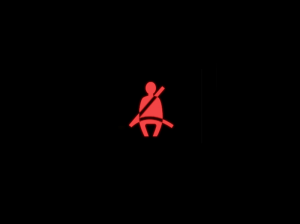
Seatbelt is not fastened. Buckle up right away to prevent injury in a crash.
Door Ajar
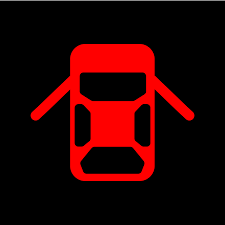
A door is not fully closed. Stop and secure all doors before driving.
Bonnet Open
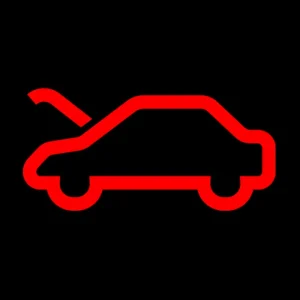
Engine hood is open. Pull over and close it securely.
Boot Open
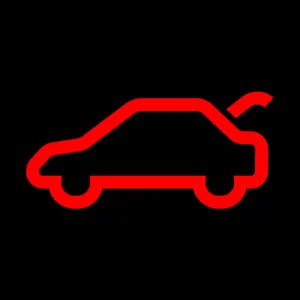
Boot is not closed properly. Stop and latch it to avoid items falling out.
Electrical Parking Brake
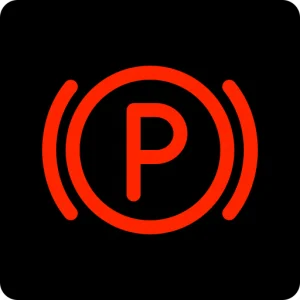
Parking brake is applied or faulty. Release if possible, or stop and check for issues.
Engine Overheating
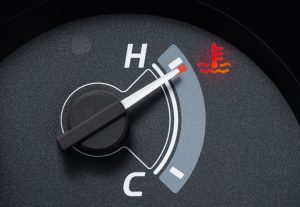
High engine temperature risking damage. Stop immediately and allow cooling.
Low Brake Fluid
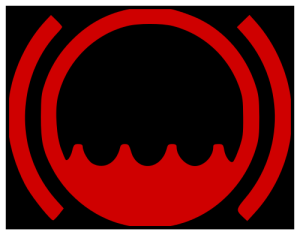
Brake fluid level is too low. Stop and top up or seek mechanic help.
Power Steering Failure

Steering system malfunction making control hard. Stop driving and get it checked.
Immobiliser Fault
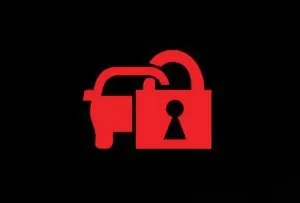
Security system preventing engine start. Stop and contact service.
Service Vehicle Soon (Red Mode)
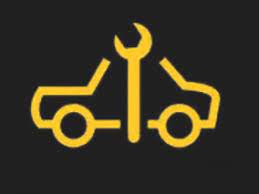
Major fault detected. Stop and arrange towing or repair.
Yellow/Amber (Action Required Soon)
These lights indicate problems that need attention soon, but you can usually continue driving carefully.
Anti-Lock Brake System (ABS)
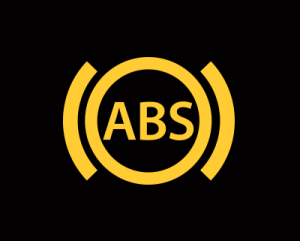
ABS is faulty, though normal brakes work. Have it checked soon for safe stopping.
Check Engine
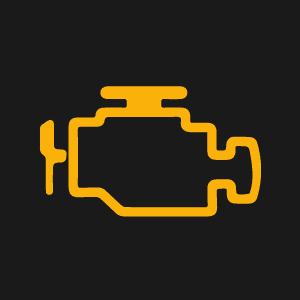
Engine or emission issue, like sensor failure. Visit a service center for diagnostics.
Tyre Pressure Monitoring
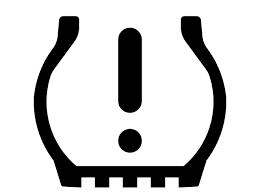
Tyre pressure is low or uneven. Check and inflate tyres promptly.
Diesel Particle Filter (DPF)
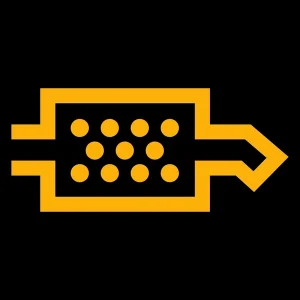
Filter needs cleaning due to buildup. Drive at higher speeds or get serviced.
Electronic Stability Control (ESP)
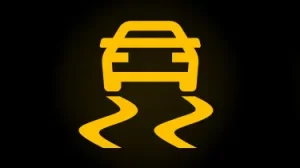
Stability system is off or faulty. Reactivate if possible and service soon.
Glow Plug (Diesel Engines)
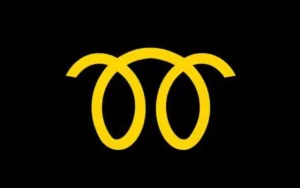
Preheating system issue. Have it checked before cold starts.
Low Fuel
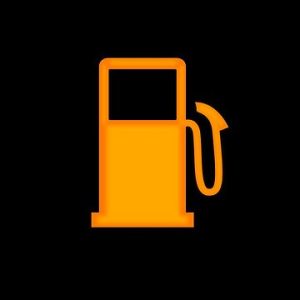
Fuel level is very low. Refuel as soon as possible to avoid running out.
Ultrasonic Parking Assist
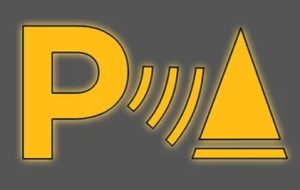
Parking sensors faulty, often from dirt. Clean sensors or get serviced.
Water in Fuel Filter
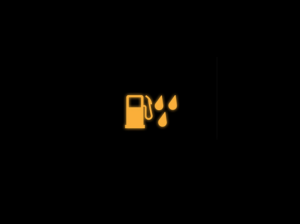
Water detected in fuel. Drain or replace filter soon.
Transmission Electronics
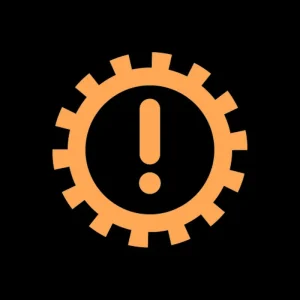
Gearbox issue. Drive gently and have it inspected.
Brake Pads Worn

Pads are thin. Replace them soon for safe braking.
Green (Information Only)
These lights provide status updates on active systems, with no action needed unless they persist unusually.
Front Fog Lights

Fog lights are on for better visibility. No action required.
Rear Fog Light
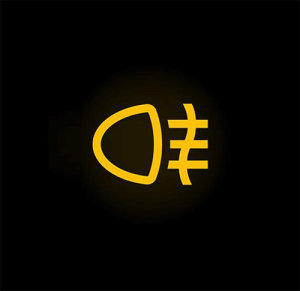
Rear fog light is active. Turn off when not needed.
Cruise Control
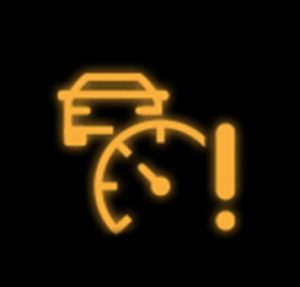
Cruise control is engaged and maintaining speed. Adjust as desired.
Turn Signals
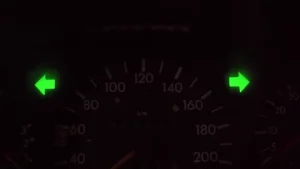
Indicators are flashing for turns. Ensure they turn off after use.
High Beam

Main headlights are on high beam. Dip for oncoming traffic.
Sidelights

Side or parking lights are on. Normal for low light.
Eco Mode
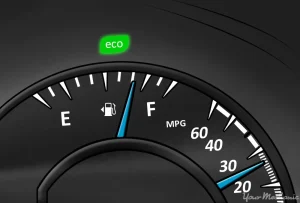
Fuel-saving mode is active. Drive normally.
Descent Control System

System is ready or in use for steep hills. No action needed.
Trailer Indicator
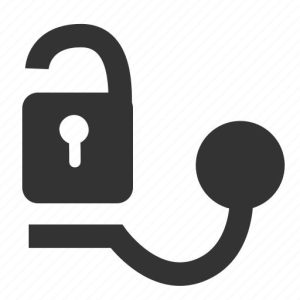
Trailer is connected and lights working. Check connections.
Automatic Lights
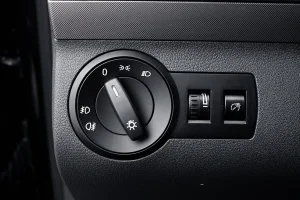
Auto headlight control is active. Lights adjust automatically.
Upshift Recommended
Suggests shifting gear for efficiency. Follow for better fuel use.
Daytime Running Lights
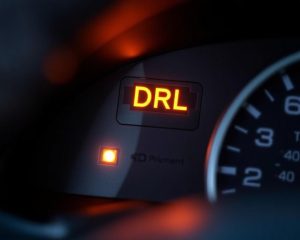
Lights are on during day. Standard operation.
Headlights On
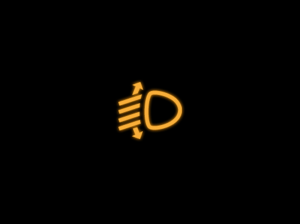
Main lights are active. Normal in dark conditions.
When looking at Vauxhall, make sure to check out our guides on models like the Vauxhall Corsa, Vauxhall Meriva, Vauxhall Grandland X, and Vauxhall Movano. Understanding dashboard warning lights is essential. Our expert reviews break down what each light means, highlighting common alerts for these models and what they could signal about underlying issues, so you’re never left guessing behind the wheel.

